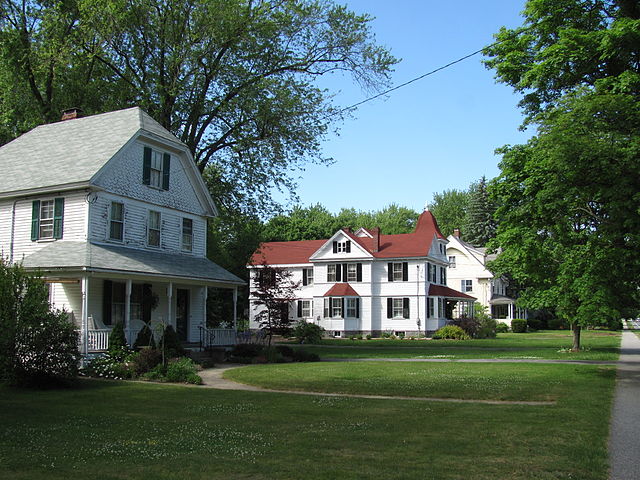Opening Doors to More Diverse Home Ownership

Mike Clifford – Commonwealth News Service??
BOSTON – White people in Massachusetts are about twice as likely to own a home in the state when compared with people of color. That’s according to the U.S. Census Bureau.
Several groups have teamed up trying to reverse that trend, including the NAACP, the National Urban League and the National Association of Real Estate Brokers. Ron Cooper, the president of the National Association of Real Estate Brokers, says the Fair Housing Act of 1968 enabled more people to be able to purchase real estate, and in the decades since then, homeownership for people of color increased to 46 percent. “It has declined now to 41 percent, which is very dangerous,” he said.
“So we’re on the campaign as an advocacy organization, raising the alarm to how important it is in building communities and building wealth.”
According to the 2000 Census, 66 percent of white Bay Staters are homeowners, compared with 32 percent of black residents.
By 2024, the bureau estimates that 75 percent of the expected 14 million new households in the U.S. will be diverse.
This year, Wells Fargo committed to reverse the downward trend of home ownership. Brad Blackwell, the executive vice president and head of housing policy and home ownership growth strategies for Wells Fargo blames the decline on stagnant wages in the middle class, access to credit and a lack of generational wealth. “It will cause people to invest in not only their home, and take pride in that home, but take pride in their community,” he said.
“It makes for better schools. It makes for better economics for the larger community. It is a really good thing.” Cooper says people of color have a much harder time getting a loan. He says the reason the National Association of Real Estate Brokers formed was because African-American soldiers weren’t being given equal opportunities to get VA loans when they returned from World War II.
“Historically, there has been an issue in terms of race and in terms of mortgage access,” Cooper added. “And we’re still, at this point, discussing where’s that level of disparity at?”
Cooper says renting puts families further behind, adding that about 60 percent of renters spend close to a third of their income on rent.
